‘When aging services, health systems and community-based organizations collaborate, older adults with HIV can thrive.’
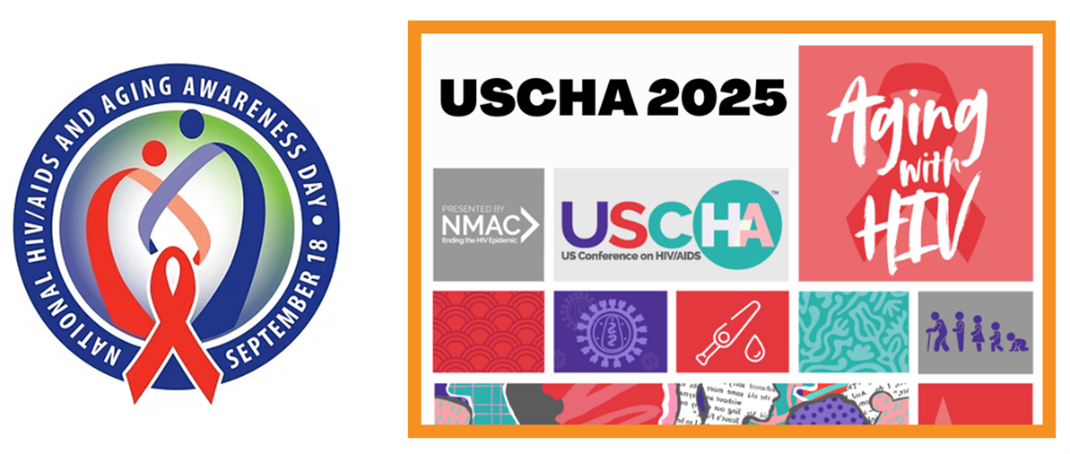

‘When aging services, health systems and community-based organizations collaborate, older adults with HIV can thrive.’

Offering a holistic and proactive approach to aging that grows the longevity dividend, unlocking untapped human potential and economic productivity.
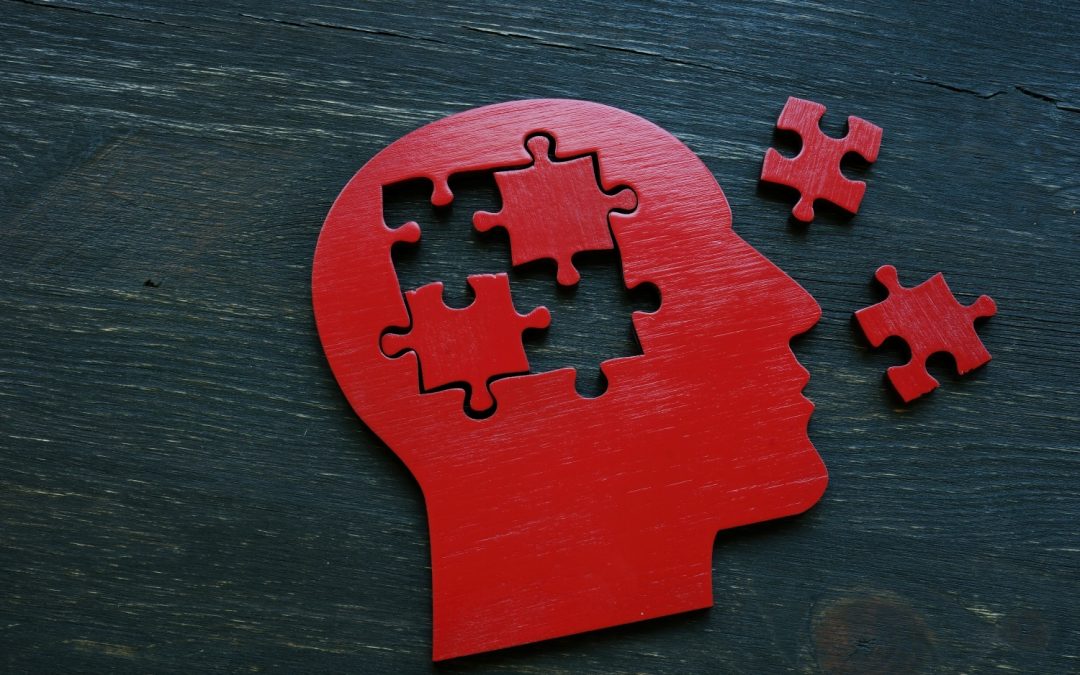
What does it mean to live more years cognitively healthy, and how might we get there?
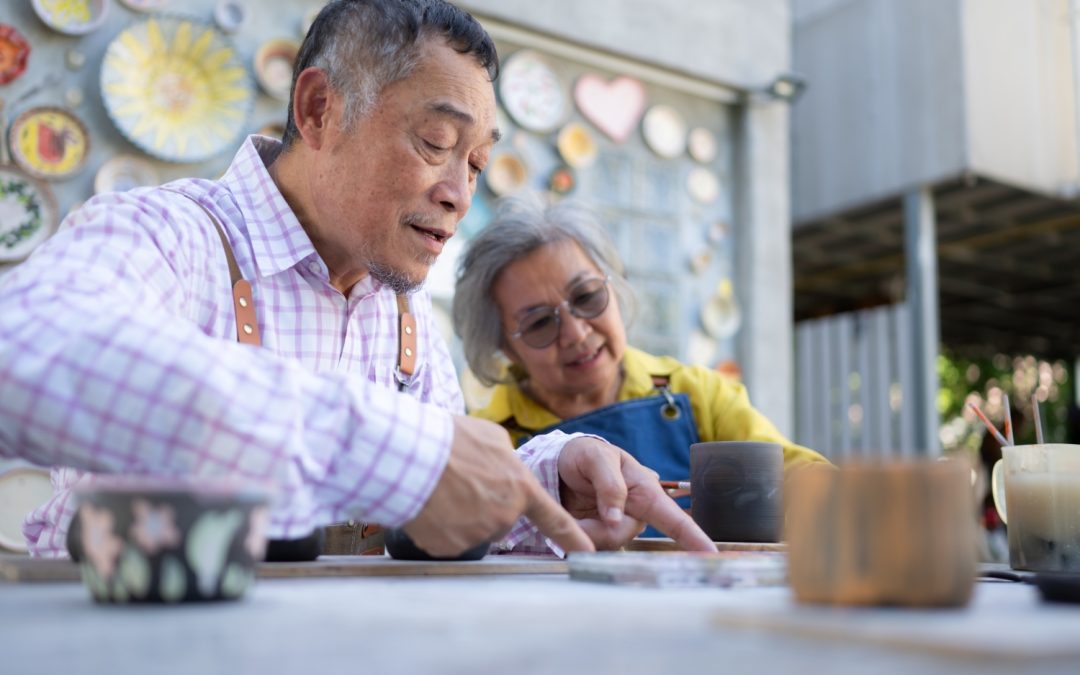
AI researchers need deep thinking to truly address social isolation.

The science behind brain health is clear, and the steps are actionable, inexpensive and personally empowering.
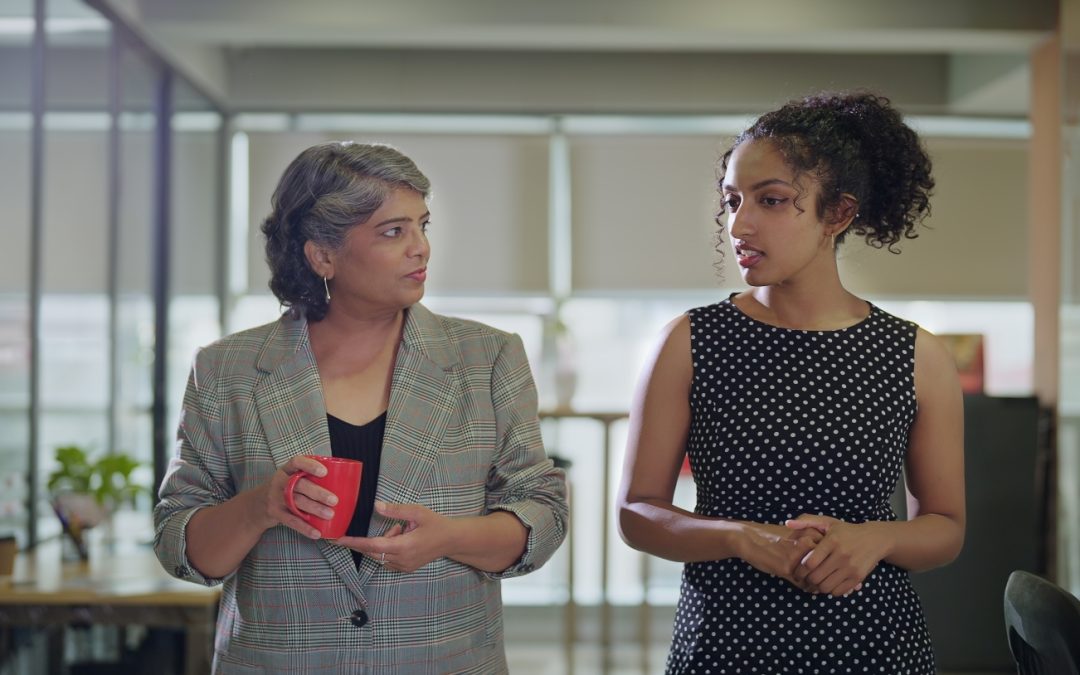
Cognitive health is an economic imperative.

The Trump Administration’s MAHA Strategy provides an opportunity to address older adults within each of the MAHA pillars.

Pushback from Congress claims that profits will come at the expense of Original Medicare patients’ access to care.

How older adults can support their cognitive health with nutrition.
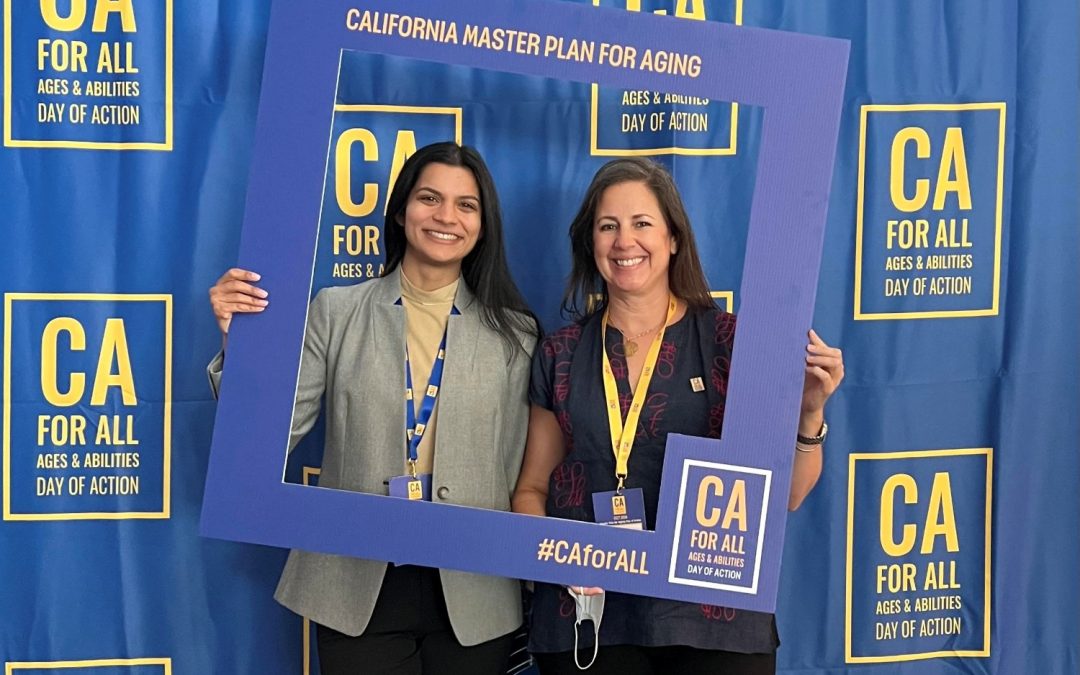
At UCSF’s Social Connections and Aging Lab, work is afoot to enhance awareness of social isolation and loneliness and cooperate with community groups to foster connection.
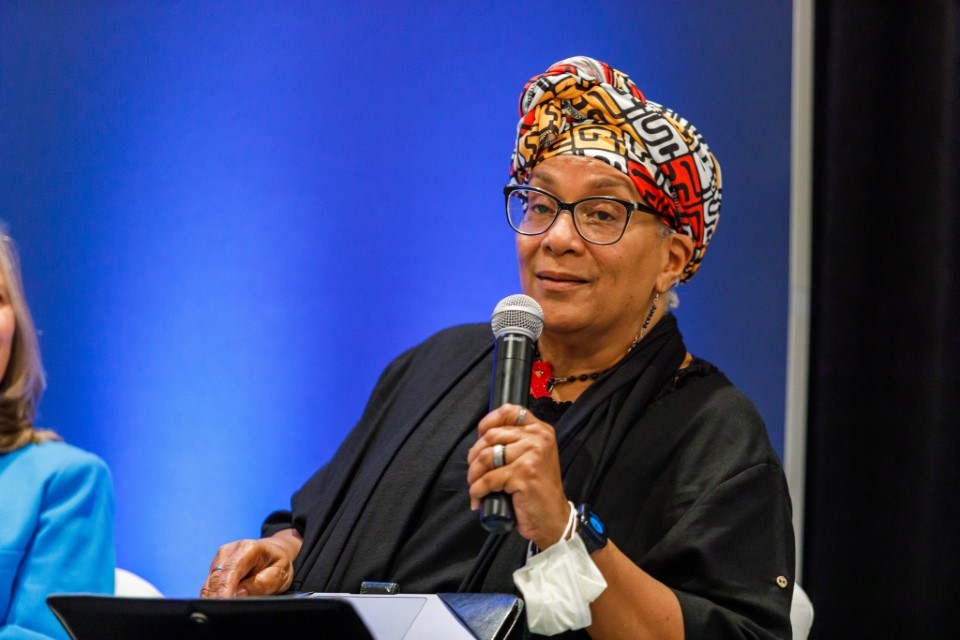
A call for urgency, research and advocacy.
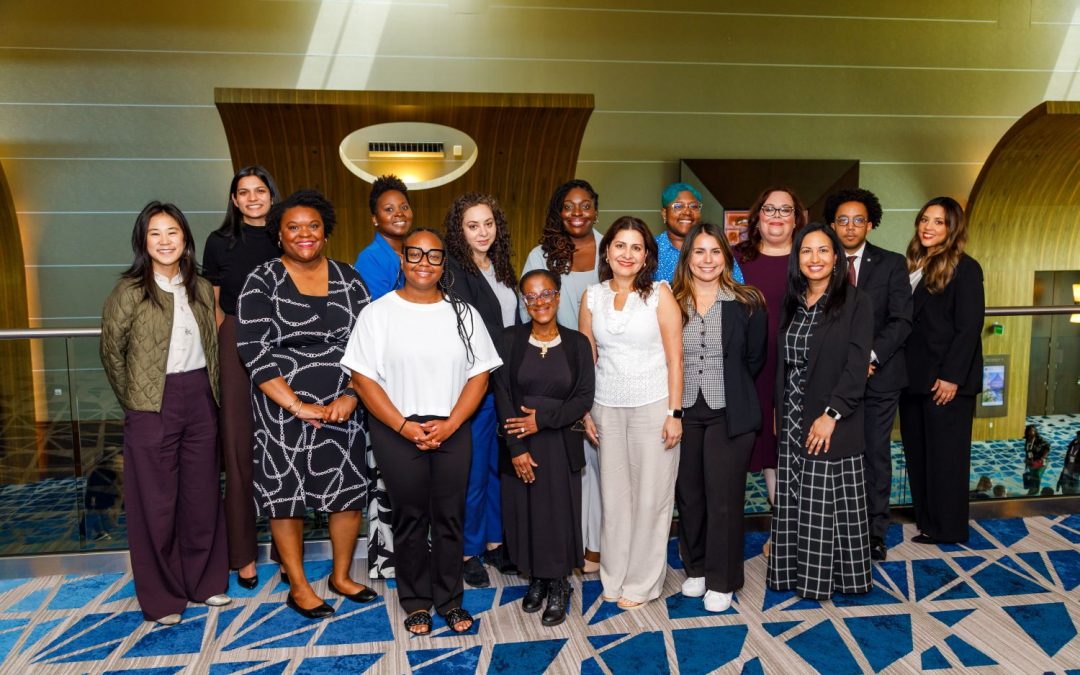
The importance of research, advocacy and centering community voices in the quest for equitable aging in place.
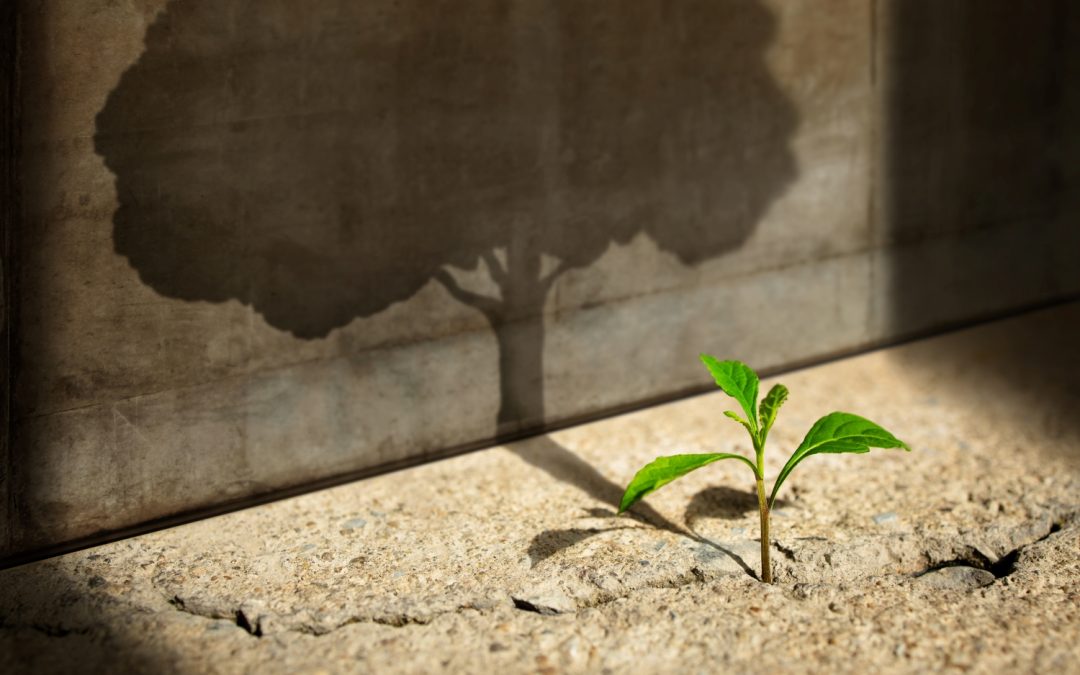
“Whether you think you can or think you can’t—you’re right,” said Henry Ford.

What healthcare providers serving older adults need to know.
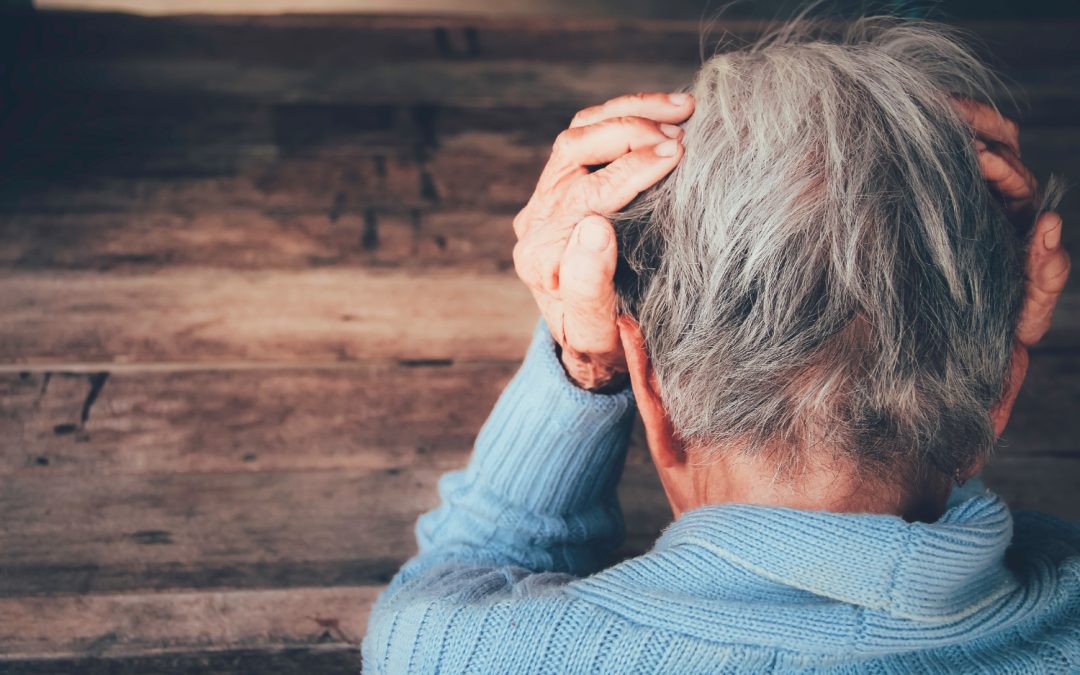
Anxiety can cause a host of unpleasant symptoms, so it’s best caught and treated early.

Cannabis may be more accessible, but elders should tread lightly due to medication interactions and other higher risks.

Laying out the facts about this complex process as they are now known, and potential treatments.
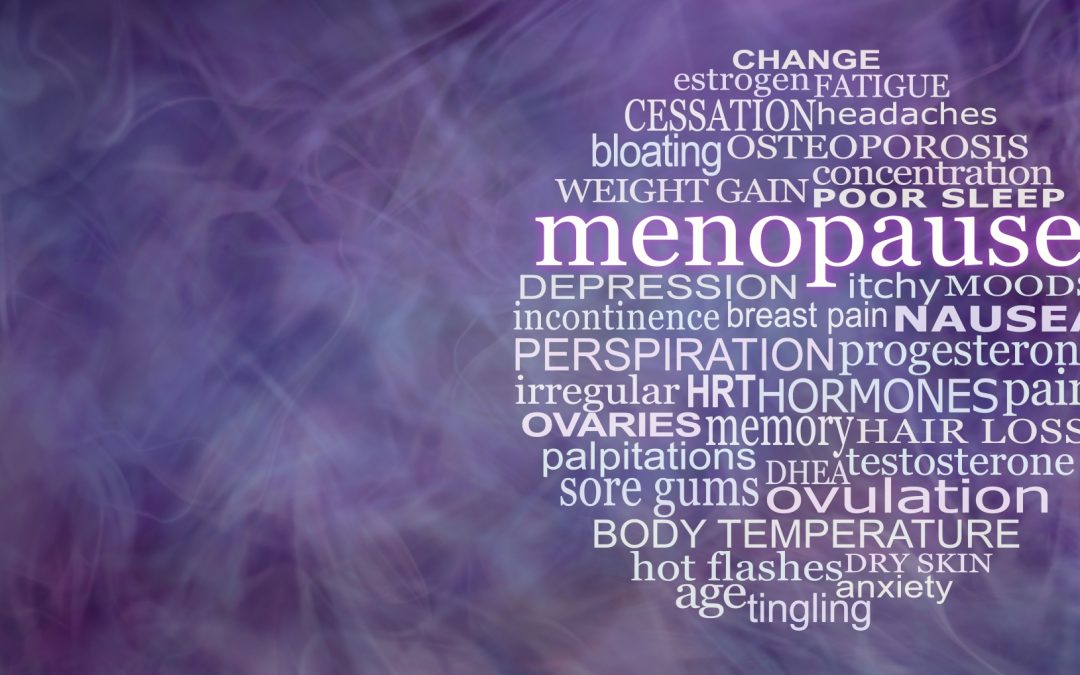
On busting the stigmatized relationship our culture has with menopause, and why it matters.
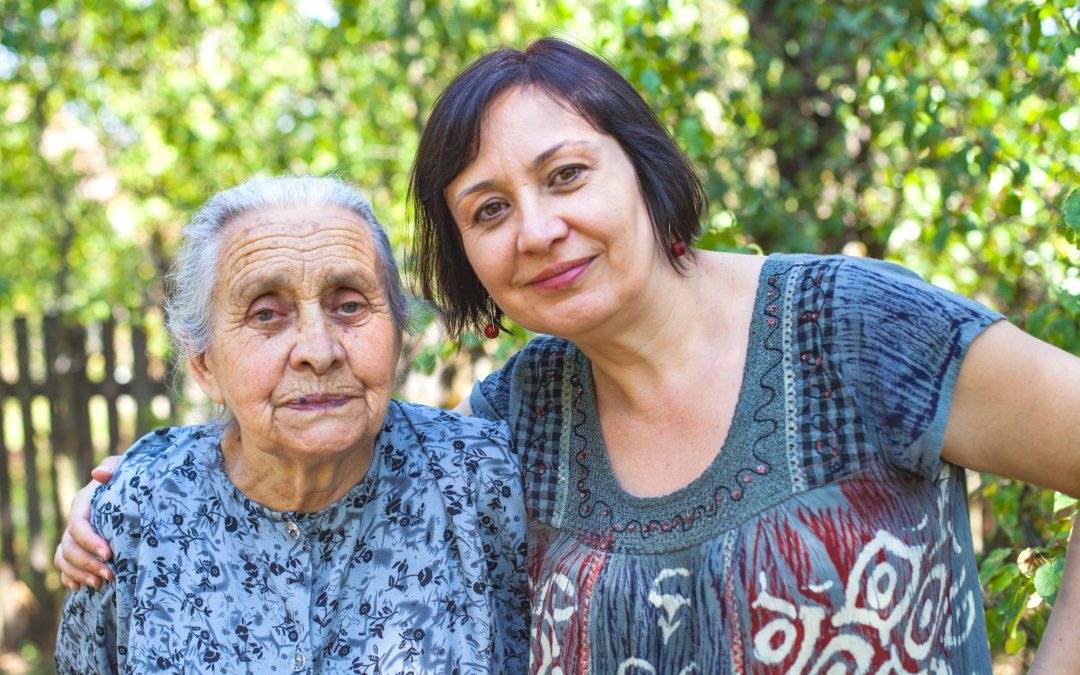
The odds of experiencing more severe menopause symptoms is directly related to the number of hours spent in the caregiving role.
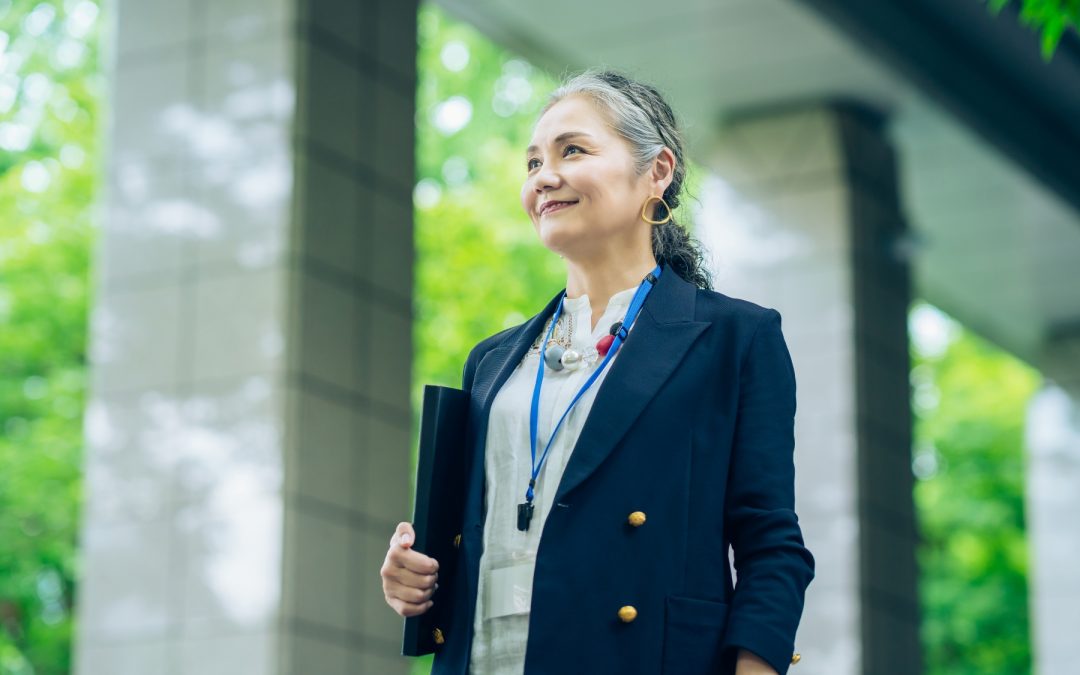
Destigmatizing ‘the change’ or amplifying anxiety?